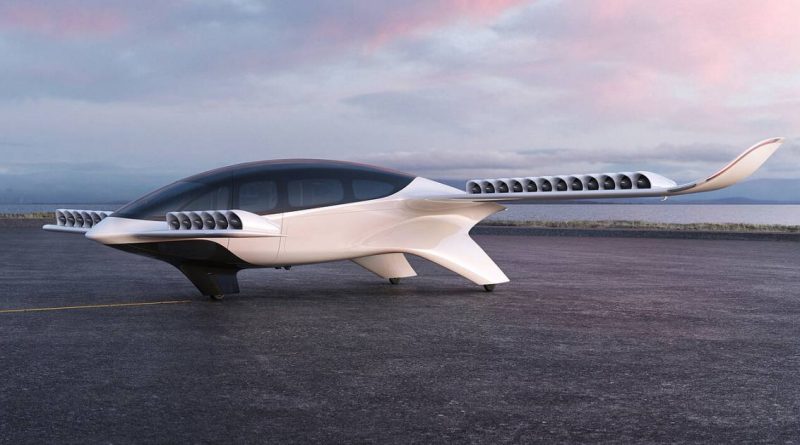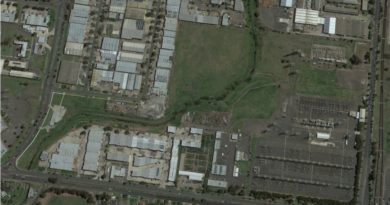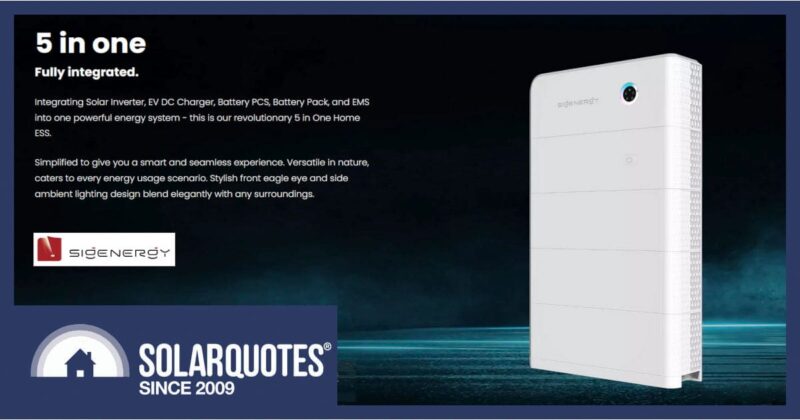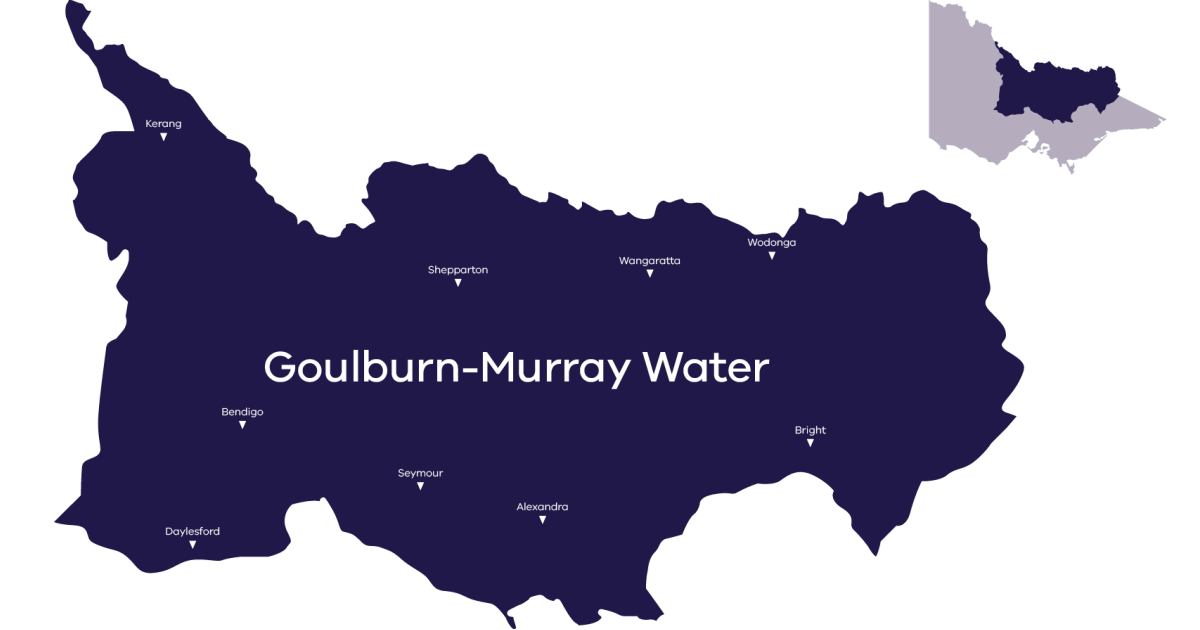Lilium Electric Jet Project Progresses
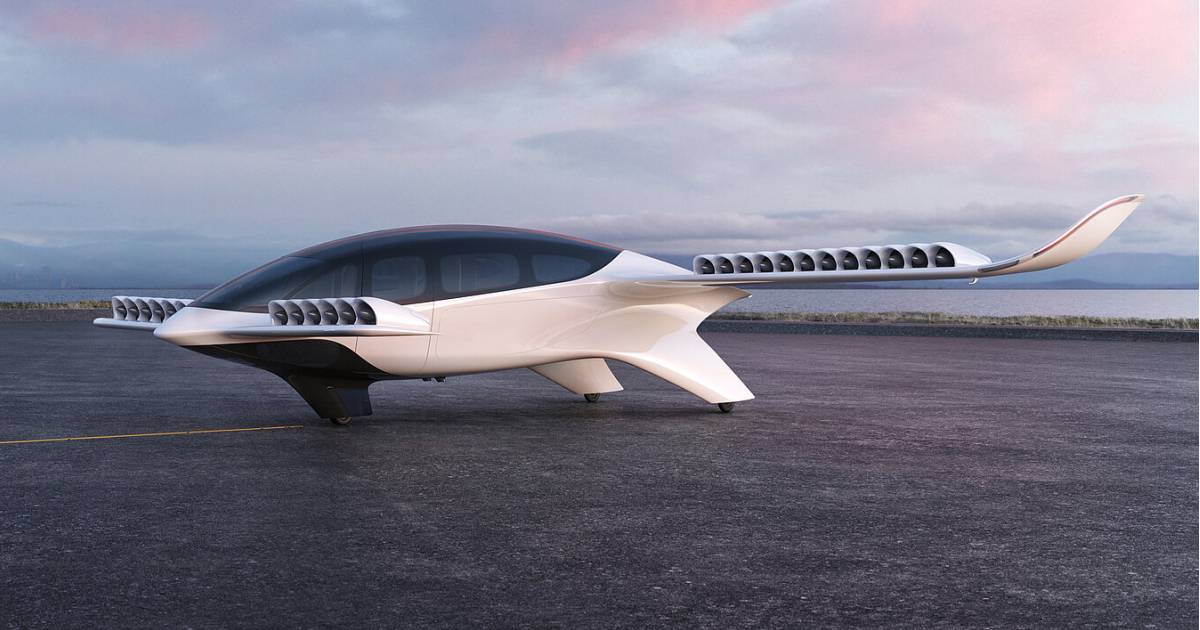

Seeking to address the regional mobility market, this 7-seater vertical take-off and landing electric jet could be flying commercially in just a few years.
The Lilium Jet features Ducted Electric Vectored Thrust (DEVT) in the form of 36 fans. These are integrated into the wing flaps that Lilium says provides advantages in payload, aerodynamic efficiency and a lower noise profile while also offering the thrust vector control needed to manoeuvre the electric jet through each phase of flight.
With a wingspan of 13.9m and a length of 8.5 m, the Lilium Jet will have a cruise altitude of 3,000m and a cruise speed of 280km/h. But it won’t be able to travel at that speed for very long as it has a range of around 250km.
The Lilium Jet isn’t vapourware – the following is a video of a test flight back in 2019. At that time, it was a 5-seater aircraft.
[embedded content]
Inside the 7-seater model looks to be a pretty comfy affair for passengers.
[embedded content]
This project isn’t just a few geeks tinkering away in a hangar. The 650+ strong Lilium team includes approximately 400 aerospace engineers according to the company. That’s a lot of nerd power for getting stuff done.
Lead test pilot for the project is Markus Scherdel. Mr. Scherdel was formerly a Chief Pilot for Solar Impulse, a project that (eventually) saw the first circumnavigation of the Earth by a piloted fixed-wing aircraft running only on solar energy (stored in lithium-ion batteries).
Lilium Aiming For 2024
Lilium announced yesterday it had partnered with CustomCells, which develops and manufactures application-specific battery cells at its facilities in Itzehoe and Tübingen in Germany. CustomCells says it has successfully completed more than 1,400 projects to date and will be producing silicon-anode lithium-ion batteries for Lilium.
“Bringing together two German innovators in energy and aerospace, with guaranteed production capacity at CUSTOMCELLS’s state-of-the-art research and production sites in Germany, this partnership will play a crucial role in scaling up production of the 7-Seater Lilium Jet ahead of planned commercial launch in 2024,” stated Lilium.
Among the other companies involved is Honeywell, which is developing avionics and flight control systems for the electric jet.
Lilium intends operating routes between a network of cities, enabling faster travel than existing high-speed alternatives and at a comparable cost per trip. Comparable to what isn’t clear, but it’s probably safe to say it wouldn’t be economy Jetstar.
It appears the USA will be among the first countries where Lilium will operate, from “vertiports” featuring high-powered chargers. Vertiport design is based around a limited set of modules standardized as much as possible that can also be prefabricated off-site.
Lilium has also announced plans for launch networks in Germany through partnerships with Munich, Nuremberg, Dusseldorf, and Cologne/Bonn airports. Luxembourg-based Luxaviation Group will support Lilium in building out airline operations across Europe.
Trivia – the word Lilium sounds like it could be a rare earth mineral used in a cutting-edge battery system. But it just refers to the flowers.
Original Source: https://www.solarquotes.com.au/blog/lilium-electric-jet-mb2097/

